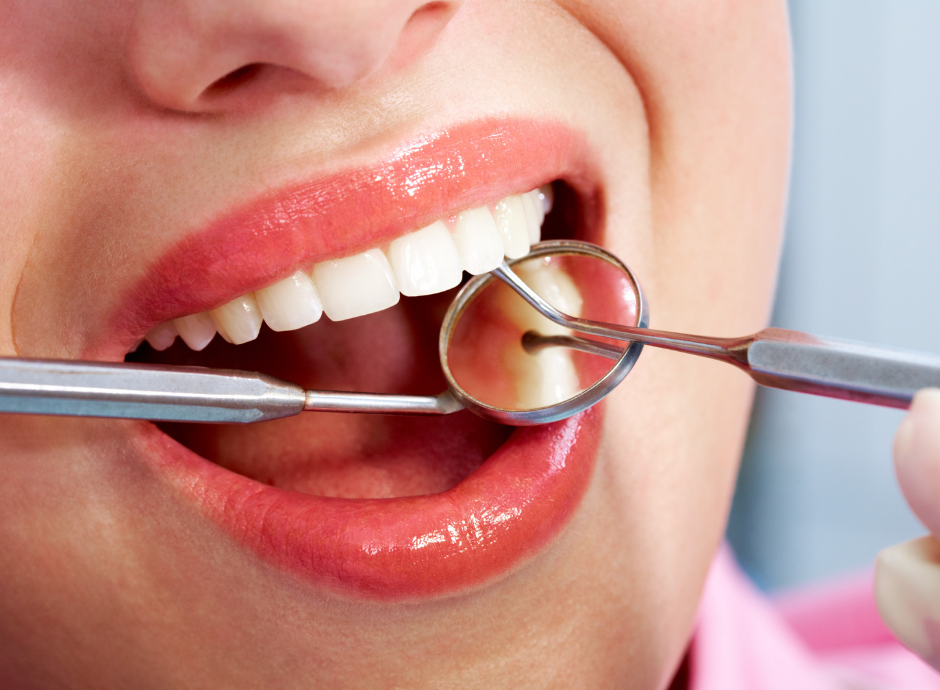Teeth Whitening
Teeth whitening is a cosmetic dental procedure that aims to remove stains and discoloration from teeth to give them a brighter and whiter appearance. Here's everything you need to know about teeth whitening:
How does teeth whitening work?
Teeth whitening works by using a bleaching agent to penetrate the enamel and break down stains and discoloration. The most common bleaching agents used in teeth whitening products are hydrogen peroxide and carbamide peroxide. When these agents break down, they release oxygen molecules that enter the enamel and react with the discolored molecules, breaking them down into smaller, lighter-colored molecules, resulting in a brighter smile.
Types of teeth whitening
There are three main types of teeth whitening:
- In-office teeth whitening: This is the most effective and quickest way to whiten your teeth. It involves a dental professional applying a high concentration of hydrogen peroxide gel to your teeth and activating it with a special light or laser. This process can take around 60-90 minutes and typically provides immediate results.
- At-home teeth whitening: This method involves using a lower concentration of bleaching agent and applying it to your teeth using custom-made trays. You wear the trays for a certain amount of time each day for several weeks until you achieve your desired level of whiteness.
- Over-the-counter teeth whitening products: These include whitening toothpaste, strips, and gels that you can buy without a prescription. They are less effective than in-office or at-home whitening, but they can still produce noticeable results over time.
Risks and side effects
Teeth whitening is generally safe, but some people may experience side effects such as tooth sensitivity, gum irritation, and temporary white spots on the teeth. These side effects are usually mild and go away on their own within a few days.
Who can get teeth whitening?
Most people can get teeth whitening, but it's important to note that it may not be suitable for everyone. For example, if you have sensitive teeth, gum disease, or dental restorations such as crowns or veneers, teeth whitening may not be recommended. It's best to consult with a dental professional before undergoing any teeth whitening treatment.
Maintaining your white smile
After you've whitened your teeth, it's important to maintain your results by practicing good oral hygiene and avoiding foods and beverages that can stain your teeth, such as coffee, tea, red wine, and tobacco. You can also touch up your results with at-home whitening treatments as needed.


